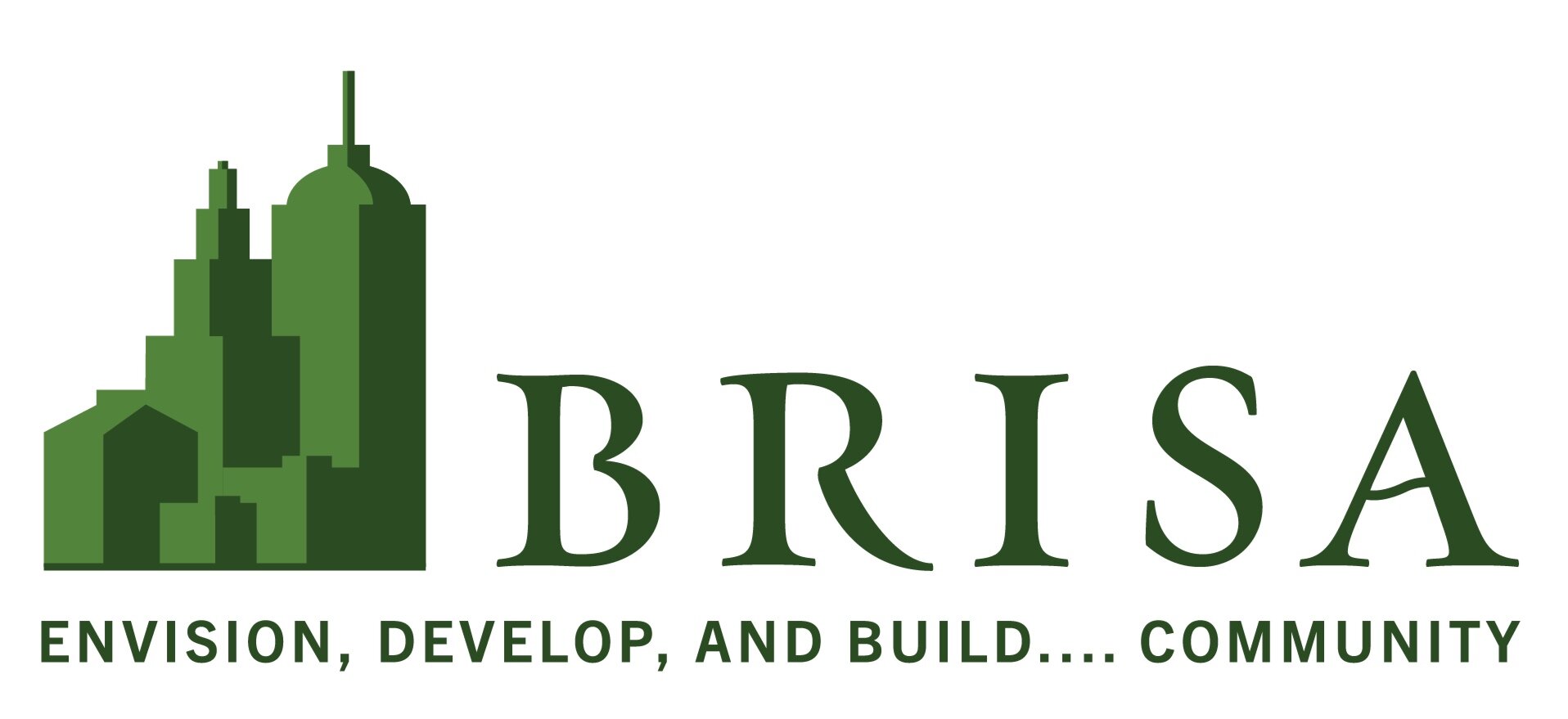Harlem's Historic RKO Hamilton Theater Could Be Reborn
HARLEM, NY — A stunning theater in Hamilton Heights that has suffered from years of neglect could be saved and redeveloped into affordable housing — but a community board pushing the restoration must first raise millions of dollars to make it a reality.
The RKO Hamilton Theater opened in 1913 near the corner of Broadway and West 146th Street. Originally a vaudeville house, it later showed movies until the 1960s. In recent decades, the auditorium has sat empty, at risk of being redeveloped and meeting the same fate as the nearby Renaissance Theater.
But a neighborhood community board is hoping to both save the theater and capitalize on the air rights above it, working with a developer who plans to construct an 18-story building on top of the auditorium that would include affordable housing — while preserving the theater itself in some form.
"A lot of people in the community have very fond memories of that theater," said Community Board 9 chair Barry Weinberg. That includes his own grandmother, who grew up seeing movies at the RKO Hamilton.
The push to restore the RKO was first led by April Tyler, a board member and tenacious advocate for affordable housing and historic preservation. Since Tyler's death in February, her colleagues have pressed on in her absence.
Brisa Builders submitted this proposal last year to redevelop the auditorium space and an adjacent lot. The corner lobby building could be added to the development if it is purchased for $20 million from the current owners. (Brisa Builders/Community Board 9)
Last spring, a public survey asking residents to choose between two possible redevelopment plans found strong support for the proposal by Brisa Builders, a Brooklyn-based company. Since then, Brisa has linked up with its former rival, Omni, and the two are working as a team on the RKO site.
As it stands, the developers have a contract to purchase the theater and an adjacent, vacant lot from the current owners. But the board hopes to expand the footprint to include the ornate "lobby" building on the corner of Broadway, growing the project into a more unified whole. (The auditorium itself is contained within a nondescript gray building on the side street, off Broadway.)
The block's owners, Ashkenazy Acquisition Corporation, have said they would sell the landmarked lobby building for about $20 million, according to Dan Cohen, a board member who has led the RKO project since Tyler's passing.
It would take another $20 million to rehabilitate the auditorium, amounting to $40 million altogether — no small sum, but a fairly modest one by Manhattan development standards, Cohen said.
The "jewel-box" lobby building on Broadway could be incorporated into the development if it is purchased from the current owners, advocates hope. (Landmarks Preservation Commission)
Now, Community Board 9 is preparing to search high and low for funding. Potential partners could be local groups like the West Harlem Development Corporation, or governments at the local, state or federal levels.
In August, about two dozen board members were able to get inside the theater for a tour, where they bore witness to its vaulted ceilings, sweeping stairways and raked floor leading to a proscenium-arched stage.
The visit made it clear to Cohen that the auditorium should not be subdivided into smaller theaters, as some original plans had called for, but left as whole as possible.
"It's hard to envision cutting that into pieces in any way that did not violate the integrity of the space," Cohen told Patch. "That changes the perspective of what we're trying to do, which is preserve the theater and not necessarily restore it to its original grace, but at least to preserve many of the elements that currently exist."
For now, board members are keeping their eyes out for donors and hoping for the passage of the federal infrastructure bill, which could funnel some dollars toward the project. If it succeeds, Weinberg said the redevelopment could avert the loss of another Harlem cultural center.
"We've lost too many of them over the years," he said. "This is one that we definitely don't want to lose."
Read the original article here



